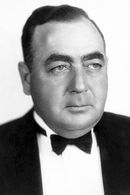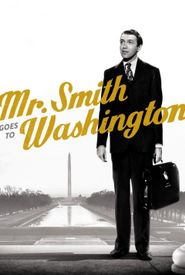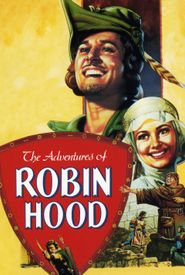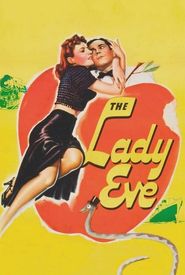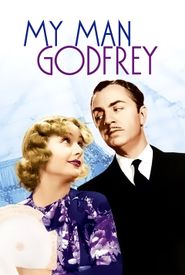Eugene Eugene O'Brien was a renowned character actor, recognizable for his bulbous, beetle-browed appearance. Born to a family with a thespian background, his father had initially pursued an acting career before becoming an insurance salesman. O'Brien himself began acting in repertory companies before transitioning to Hollywood, where he worked as an extra and stunt man.
Early in his career, O'Brien spent six years touring with companies, briefly worked as a streetcar conductor in Portland, and eventually found his way to motion pictures. He began in films on the East Coast around 1910 or 1911, eventually gravitating to Hollywood by 1913. Over the next four years, he appeared in over 400 productions, mostly one-reel shorts.
O'Brien's early film career saw him play leads in silent feature films, earning praise for his athletic build. He appeared in notable films like D.W. Griffith's The Birth of a Nation (1915) and Intolerance (1916). However, his career was put on hold during World War I, when he served with the Flying Corps.
Upon his return to films, O'Brien's appetite for food increased significantly, leading to a notable weight gain. He refused to diet and was subsequently demoted to supporting roles. Despite this, he continued to make a living off his unique appearance and distinctive voice.
In the early 1920s, O'Brien began investing in Texas oil, amassing and then losing a fortune within a year. He remained employed throughout the 1920s, 1930s, and 1940s, appearing in various films and series. He played notable roles in The Three Musketeers (1921),The Battle of the Century (1927),and The Philo Vance series.
In talkies, O'Brien appeared in screwball comedies like My Man Godfrey (1936) and Topper (1937). He also played memorable roles in The Adventures of Robin Hood (1938) and The Mark of Zorro (1940). Near the end of World War II, O'Brien acquired a 3500-acre estate in Oregon, where he lived a semi-recluse life, anticipating a nuclear attack.
After selling the property in 1949 due to ill-health, O'Brien made his final return to the screen in Suspense (1946). He died eight years later at the age of 65 in Los Angeles.
Throughout his career, O'Brien played a wide range of characters, from garrulous and witty to brooding loners, and from avuncular to cantankerous. His unique appearance and gravelly voice made him a memorable figure in Hollywood.
